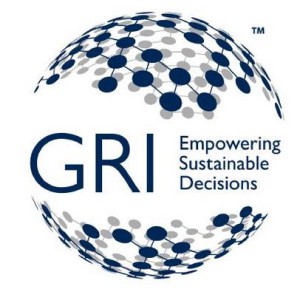
The Global Sustainability Standards Board (GSSB), an independent standard-setting body created by GRI, approved plans to transition the GRI G4 Guidelines to GRI Sustainability Reporting Standards (GRI Standards). The plans focus on a new modular structure and on transitioning the existing G4 content into this new format. In future, the GSSB will no longer issue generations of Guidelines as it has done historically. Instead, GRI Standards will be updated on an ongoing basis following public input into the GSSB work program, upholding the importance of the robust multi-stakeholder principle in the development of GRI Standards. The GSSB work program also includes the further development of sector standards.
Since the late 1990’s sustainability reporting has transformed from a niche practice to one undertaken by a growing majority of large companies globally, which has led to greater transparency on economic, environmental and social impacts. Today there is increasing demand for globally accepted sustainability reporting standards to further accelerate progress and create a common language by which impacts of organizations can be understood and communicated. In response to this changing context, the transition to GRI Standards is designed to enhance the global comparability, usability and quality of sustainability information. The GSSB approved the plans today during its first public meeting and aims to issue the initial set of GRI Standards during the third quarter of 2016.
GSSB’s Chair, Eric Hespenheide, commented: “GRI Standards will provide tremendous benefits to businesses, governments and stakeholders and can be specifically tailored to an organization’s needs. GRI Standards will be updated on a regular and independent basis, meaning that practitioners can trust that they represent inclusive multi-stakeholder input and global best practice at any given point in time. In particular, it is clear that GRI’s longstanding multi-stakeholder approach is needed to further develop credible sector standards relevant to a broad set of stakeholders which is absent in the marketplace today.”
The transition to GRI Standards will take place in four phases which include the following core activities:
Phase 1) Implementing a set of content revision principles to improve the overall usability, technical quality and robustness of the G4 content
Phase 2) Public consultation
Phase 3) Analyzing and incorporating public feedback
Phase 4) Publication of GRI Standards
The GSSB has sole responsibility for developing, approving and disseminating GRI Standards. The timing for the phases above will be based on the Due Process Protocol, which is overseen by the Due Process Oversight Committee. The G4 Guidelines remain in effect until the GSSB approves the transition to GRI Standards which will be based on the G4 Guidelines and will follow the prescribed Due Process Protocol.



